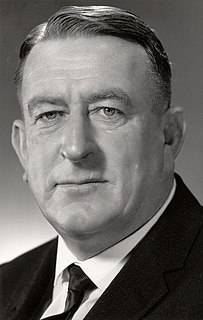 W
WPercy Benjamin Allen was a New Zealand politician of the National Party.
 W
WLieutenant Colonel Frederick Baker DSO was a New Zealand soldier who served in the Second World War, leading the 28th (Māori) Battalion from 13 July to 2 November 1942. He was injured at the commencement of the Second Battle of El Alamein and his wounds were such that he was repatriated back to New Zealand. He later worked in New Zealand's public service, leading the Rehabilitation Department which assisted servicemen returning from the war into civilian life, by providing them with finance, training and housing.
 W
WCyril Royston Guyton Bassett, VC was a New Zealand recipient of the Victoria Cross (VC), the highest award for gallantry "in the face of the enemy" that could be awarded to British and Empire forces at the time. He was the only soldier serving with the New Zealand Expeditionary Force (NZEF) to be awarded the VC in the Gallipoli Campaign of the First World War.
 W
WSir Charles Moihi Te Arawaka Bennett was a New Zealand broadcaster, military leader, public servant, and high commissioner to the Federation of Malaya (1959–1963). Of Māori descent, he identified with the Ngati Pikiao and Ngati Whakaue iwi.
 W
WRaymond Boord was a New Zealand politician of the Labour Party.
 W
WWilliam Nicol Carson was a New Zealand sportsman who represented his country at both cricket and rugby union.
 W
WHaddon Vivian Donald, was a New Zealand soldier, businessman and politician of the National Party. He was the oldest living former New Zealand Member of Parliament, and at the time of his death, was the highest-ranking New Zealand army officer of World War II living. During the war, Donald served as an officer for the 22nd Battalion rising to the rank of lieutenant colonel. After his military service, Donald represented Wairarapa in the parliament from 1963 to 1969.
 W
WKeith Elliott, VC was a New Zealand soldier who served with the New Zealand Military Forces during the Second World War. He was awarded the Victoria Cross, the highest award for gallantry in the face of the enemy that can be awarded to British and Commonwealth forces, for his actions in the First Battle of El Alamein.
 W
WSamuel Frickleton, was a soldier in the New Zealand Military Forces and a recipient of the Victoria Cross (VC), the highest award of the British Commonwealth for gallantry in the face of the enemy.
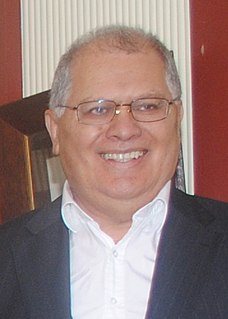 W
WLieutenant-Colonel Sir Harawira "Wira" Tiri Gardiner is a soldier, public servant and writer. He is Māori, of Ngati Awa, Ngati Pikiao, Whakatohea and Te Whanau-a-Apanui descent.
 W
WColin Macdonald Gilray was a Scottish-born rugby union player, soldier and educationalist. He represented both New Zealand and Scotland in rugby union and won the Military Cross during World War I as a captain in the British Rifle Brigade. A Rhodes Scholar, he became headmaster of both John McGlashan College in Dunedin, New Zealand, and Scotch College, Melbourne, and served as deputy chancellor of the University of Melbourne on two separate occasions.
 W
WJohn Gildroy Grant, VC was a soldier in the New Zealand Military Forces during the First World War. He was a recipient of the Victoria Cross, the highest award for gallantry "in the face of the enemy" that could be awarded at the time to British and Commonwealth forces.
 W
WEbenezer Hamlin was a member of parliament in New Zealand, and an independent conservative.
 W
WJosiah Ralph Hanan, known as Ralph Hanan, was a New Zealand politician of the National Party. He was Mayor of Invercargill and then represented the Invercargill electorate in Parliament, following in his uncle Josiah Hanan's footsteps. He served in World War II and his injuries ultimately caused his death at age 60. He is best remembered for the abolition of the death penalty, which had been suspended by the Labour Party, but which National was to reintroduce. As Minister of Justice, it was Hanan's role to introduce the legislation to Parliament, but he convinced enough of his party colleagues to vote with the opposition and thus abolished the death penalty in New Zealand.
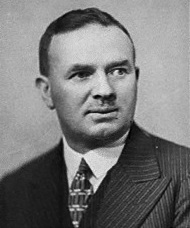 W
WBrigadier James Hargest, was an officer of the New Zealand Military Forces, serving in both the First and Second World Wars. He was a Member of New Zealand's Parliament from 1931 to 1944, representing firstly the Invercargill and then the Awarua electorates.
 W
WGeorge Fletcher Hart was a New Zealand rugby union player. A wing three-quarter, Hart represented Canterbury at a provincial level, and was a member of the New Zealand national side, the All Blacks, from 1930 to 1936. He played 35 matches for the All Blacks including 11 internationals, scoring a total of 28 tries.
 W
WMajor Norman Frederick Hastings, DSO served as Officer Commanding New Zealand's 6th (Manawatu) Squadron, Wellington Mounted Rifles Regiment. After serving with British military units during the Second Anglo-Boer War in South Africa, he worked as an engineering fitter with the New Zealand Railways Department workshops at Petone. He enlisted in the New Zealand Expeditionary Force at the outbreak of World War I, and served with distinction before dying of wounds after the attack on Chunuk Bair, Gallipoli, in August 1915. He was awarded the Distinguished Service Order, was Mentioned in Despatches, and was one of only 14 members of the New Zealand Army to receive the French Legion of Honour decoration during the war. The memorial flagstaff at Petone railway station appears to have been erected in his honour, and was the site of New Zealand's first public Anzac Day ceremony on 25 April 1916.
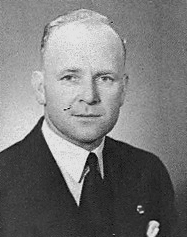 W
WAxel Gordon Hultquist, known as Gordon Hultquist was a New Zealand politician of the Labour Party.
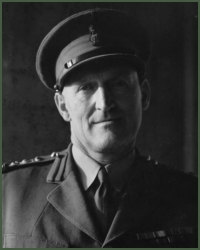 W
WThomas Joseph King, CBE, was a senior officer in the New Zealand Military Forces and a foundation member of the New Zealand Army Ordnance Corps who served in both world wars.
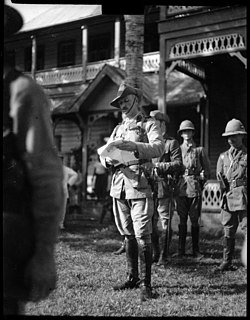 W
WRobert Logan was an officer in the New Zealand Military Forces who served in the First World War as the Military Administrator of Samoa.
 W
WWilliam John (Jack) Lyon was a New Zealand politician of the Labour Party. He was killed in World War II while serving with the 2nd New Zealand Expeditionary Force.
 W
WWayne Daniel Mapp is a New Zealand politician, who represented the National Party in the New Zealand Parliament. He served as the MP for the North Shore electorate from the 1996 elections until his retirement in late 2011. Before entering politics, he lectured in commercial law at University of Auckland.
 W
WSir John Ross Marshall was a New Zealand politician of the National Party. He entered Parliament in 1946 and was first promoted to Cabinet in 1951. After spending twelve years as Deputy Prime Minister, he served as the 28th Prime Minister from February until December 1972.
 W
WRobert John Sutherland Munro is a former New Zealand politician of the National Party, serving as Member of Parliament for Invercargill from 1987 to 1993.
 W
WMoana-Nui-a-Kiwa Ngarimu VC was a New Zealand soldier and posthumous recipient of the Victoria Cross, the highest award for gallantry in the face of the enemy that can be awarded to British and Commonwealth forces. He was killed in action during Operation Supercharge II; part of the Tunisian campaign of World War II.
 W
WSir Matthew Henry Oram was a New Zealand politician of the National Party. He was the 13th Speaker of the House of Representatives, from 1950 to 1957.
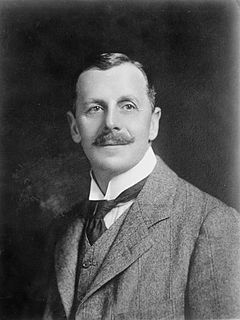 W
WSir Robert Heaton Rhodes, usually known as Sir Heaton Rhodes, was a New Zealand politician and lawyer.
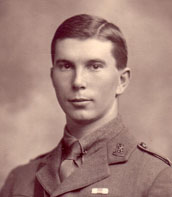 W
WKendall Reginald James von Tunzelmann Saxon was a New Zealand soldier, first-class cricketer and educator.
 W
WThomas Kay Stuart Sidey was a former New Zealand politician who served as Mayor of Dunedin.
 W
WDavid Spence Thomson was a New Zealand politician of the National Party.
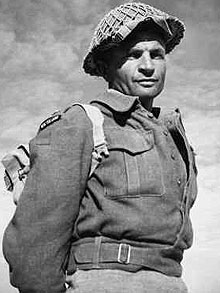 W
WCharles Hazlitt Upham, was a New Zealand soldier who was awarded the Victoria Cross (VC) twice during the Second World War; in Crete in May 1941, and at Ruweisat Ridge, Egypt, in July 1942. He was the most recent of only three people to receive the VC twice, the only one to receive two VCs during the Second World War and the only combat soldier to receive the award twice. As a result, Upham is often described as the most highly decorated Commonwealth soldier of that war, as the VC is the Commonwealth's highest award for gallantry in the face of the enemy.